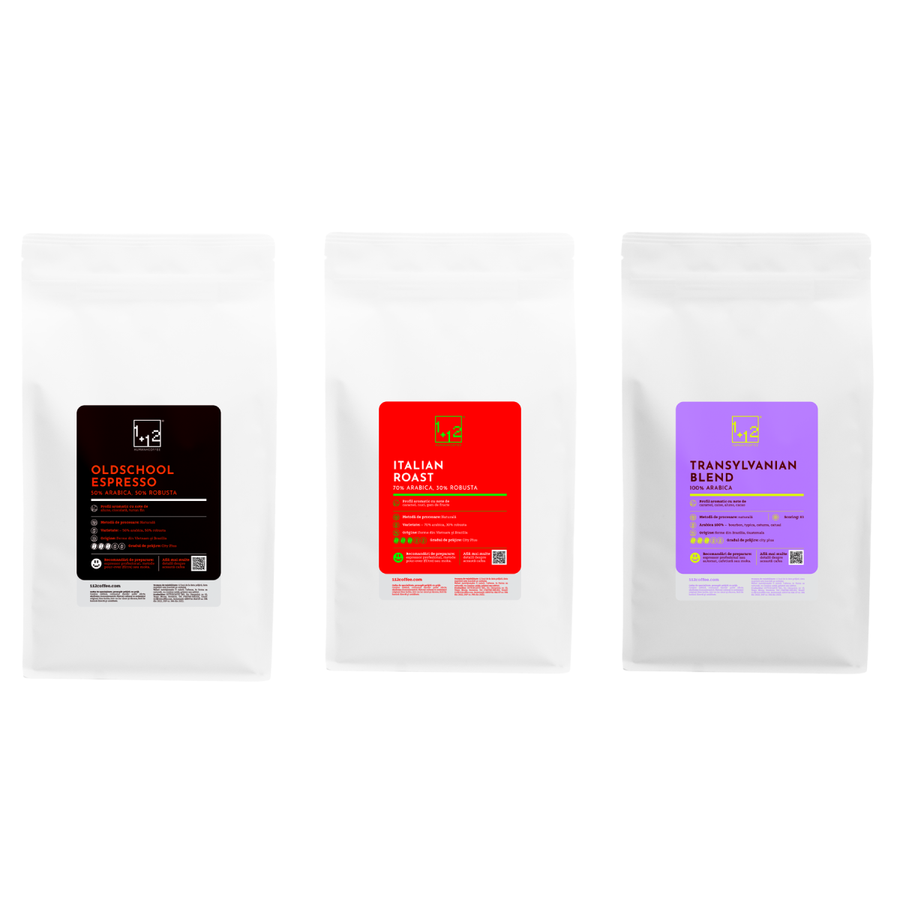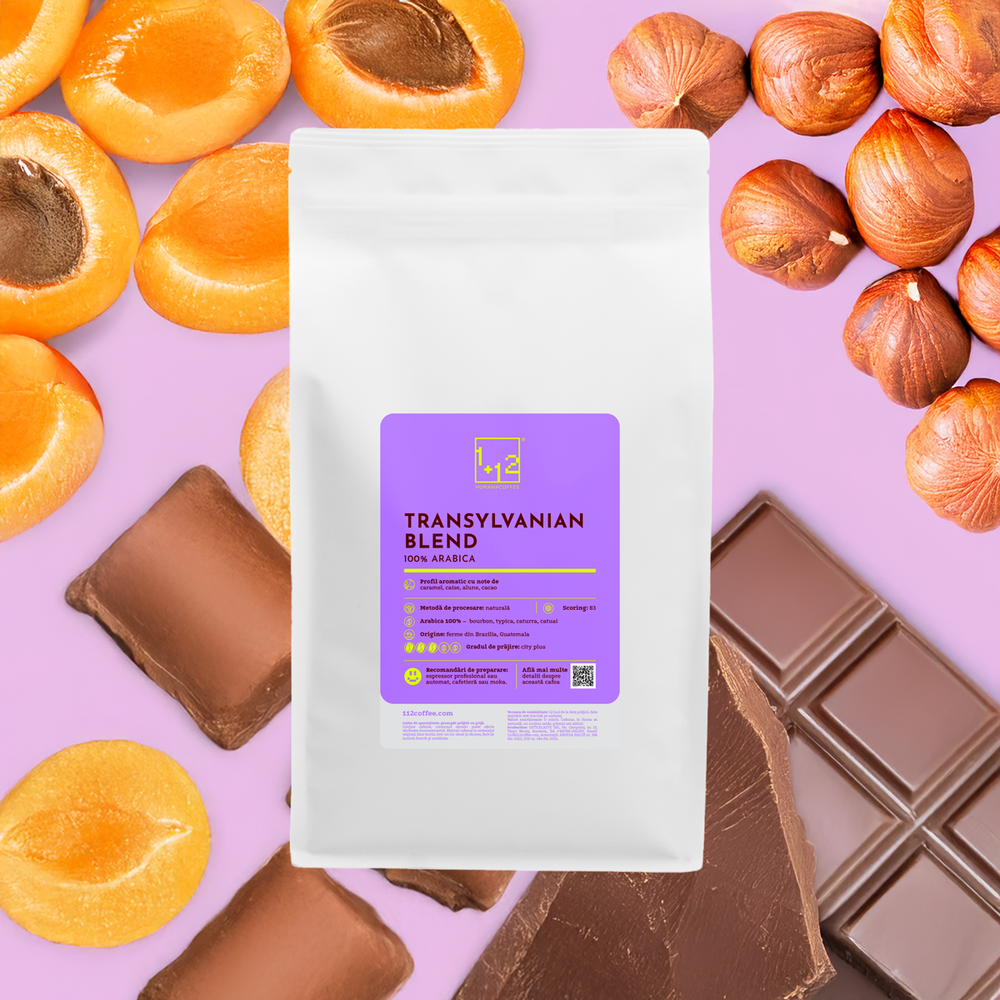The truth about acrylamides in coffee: What you need to know
Coffee lovers around the world rely on a fresh cup of coffee to kick start their day. Whether you prefer it black, with cream or sugar, there's no denying the powerful impact a good cup of coffee can have on our mental and physical state. But have you ever stopped to consider what else might be in your coffee, besides caffeine?
As it turns out, coffee contains a compound called acrylamide, which has been the topic of much debate in recent years. It is a well-established fact that the longer coffee beans are roasted, the darker the roast and the higher the levels of acrylamides. Acrylamide is a chemical that forms when certain foods, like coffee beans, are cooked at high temperatures. While this compound has been linked to cancer in animal studies, the risk to humans is still largely unknown.


At 112 Coffee, we believe in transparency and the importance of knowing exactly what's in our coffee. That's why we recently conducted a test for acrylamides in our Transylvanian Blend coffee, and we're proud to report that the results were well below the maximum accepted residue level set by the EU.
What Are Acrylamides and Why Should We Care?
Acrylamides are formed when certain foods, like potatoes, bread, and coffee beans, are heated at high temperatures above 120°C (248°F). This compound forms as a result of the Maillard reaction, which is a chemical reaction between amino acids and reducing sugars that produces the brown color and flavor we associate with many cooked foods.
While acrylamide is naturally present in many foods, its levels can be elevated when these foods are cooked at high temperatures, like when potatoes are fried or when coffee beans are roasted. Animal studies have shown that exposure to high levels of acrylamide can lead to an increased risk of cancer, but the risk to humans is still unclear.
The Importance of Testing for Acrylamides in Coffee
At 112 Coffee, we take quality control seriously. That's why we decided to test our Transylvanian Blend coffee for acrylamides, to ensure that our coffee is safe for consumption and to provide our customers with the transparency they deserve.
The test has been made in an authorized Laboratory, that used LC-MSMS testing methods, which are highly accurate and reliable, and we followed the SOP guidelines set by the EU. The results were clear: our coffee contains only 201 μg/kg of acrylamides, which is well below the maximum residue level set by the EU of 400 μg/kg.
While we're proud of these results, we also notice that not all roasteries in Romania conduct these tests, and even fewer discuss the results with their customers. This lack of transparency is concerning, as consumers have the right to know what's in their food and beverages.


The Bottom Line
We're committed to providing our customers with high-quality coffee that's safe and transparent. While acrylamides are present in coffee, we believe that conducting regular testing and sharing the results with our customers is the responsible thing to do.
We encourage other roasteries in Romania to follow our lead and conduct regular tests for acrylamides, to ensure that their coffee is safe for consumption and to provide their customers with the transparency they deserve. By working together, we can ensure that the coffee industry in Romania is safe, transparent, and sustainable for years to come.










